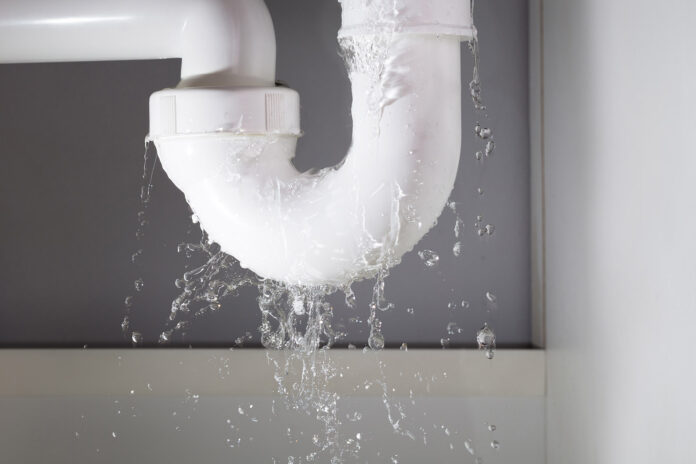
With the country having endured an extended cold snap over recent days, homeowners are being warned that they could face bills running into the tens of thousands, or more, if a burst pipe causes damage to their home – even if they have home insurance.
This could arise if homeowners are underinsured – which is where your home is insured for less than the full cost of rebuilding it – or where the contents in your home are insured for less than it would cost to replace them.
Where a homeowner is underinsured, they are at risk of only getting a fraction of the payout they expect from their insurer if their house is damaged during the extended cold snap, according to Paul Walsh, spokesman for Peopl Insurance.
More homeowners are getting caught out by underinsurance today – and are facing huge and unexpected repair bills as a result, according to Mr Walsh.
“One of the main reasons people are underinsured today is that rising building costs have pushed up the cost of rebuilding or repairing their home,” said Mr Walsh. “There are cases where people have underinsured their home by as much as 30 per cent – or even 50 per cent. This is a very dangerous position to be in during a cold snap.”
With low temperatures remaining, homeowners are being urged to make sure the building sum and the contents sum insured (the most a home insurer will pay out if contents are damaged or destroyed) are correct.
Top 10 Tips to prevent burst pipes
- Make sure the water tank and pipes in your attic are properly lagged or insulated. Don’t forget any pipes in unheated or draughty places, such as basements or garages – or outdoor pipes;
- -nsulate or wrap a towel around any outside taps to prevent them from freezing;
- Repair leaking or dripping taps or pipes;
- Find out where the stopcock is – and how to use it to turn off the water supply if your pipes burst;
- Drain the water system if you’ve a holiday home that will be unoccupied during the winter months;
- Don’t ignore signs of excessive mould in a shower or bathroom – there could be a burst pipe running undetected behind your shower tiles or wall – or inside the bathroom wall;
- Run the heating for short periods to keep the pipes from freezing and to keep the water circulating, if you can – a temperature of 10-12 degrees will be sufficient;
- Open your attic trap door to allow heat from the house to circulate through the attic.
- Pin the emergency help number for your insurer onto your notice board so that if you have an escape of water from frozen pipes, you can call-out the home emergency team straight away;
- If you do encounter issues with burst pipes or tanks, turn the water off, contact your insurer before you pay for repairs and take pictures of the damage to support your claim. You should also let frozen pipes thaw out naturally – do not heat them prematurely as they are likely to crack.











